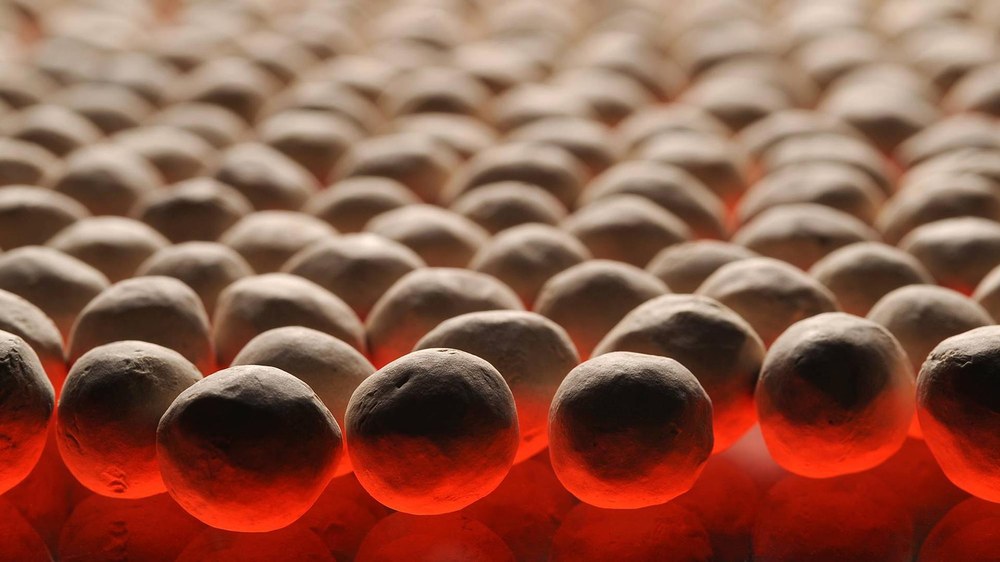Energy storage – heat and electricity

The high proportions of fluctuating energy sources in a future energy system based predominantly on renewable energies require the extensive use of efficient technologies for storing energy. Various DLR institutes are researching and developing electrochemical storage systems for electricity (batteries) and thermal and thermochemical storage systems for heat.
The majority of the work is being carried out at the DLR Institute of Engineering Thermodynamics. The DLR Institute of Materials Research, the DLR Institute of Solar Research, the DLR Institute of Combustion Technology, the DLR Institute of Networked Energy Systems and the DLR Institute of Low-Carbon Industrial Processes are also participating.
Electrochemical storage
DLR's research work on batteries is dedicated both to the further development of well-understood lithium-ion technology and to the development of next- and future-generation battery technology such as lithium-sulphur and metal-air batteries. DLR also conducts extensive experimental studies on batteries and investigates the integration of batteries into complex systems together with the research centre’s dedicated transport, space and aeronautics research divisions.
Thermal and thermochemical storage
Heat can be stored purely physically in the form of sensible heat (temperature difference), latent heat (phase change energy) and through the use of reversible chemical reactions (reaction energy). The DLR Institute of Engineering Thermodynamics in particular is dedicated to these approaches.
The focus is on the storage of high-temperature heat between 100 and 1000 degrees Celsius, which is needed for industrial and energy-sector applications. The aim is to develop cost-effective and durable technologies that can also be used on a large scale. The increase in energy efficiency will make it possible to operate power plants and industrial processes in a more flexible manner. The work is supplemented by research into high-temperature heat exchangers. Research is also being conducted into power-to-heat technologies, which generate heat using electricity and thus help make the energy system more flexible.
As part of the Helmholtz Institute Ulm (HIU), DLR is working in close cooperation with the Karlsruhe Institute of Technology (KIT), the Center for Solar Energy and Hydrogen Research Baden Württemberg (ZSW) and the University of Ulm on the numerical simulation of the complex electrochemistry in batteries and fuel cells.
The Carnot battery storage system
Renewable energy sources currently generate large quantities of electricity that are not always immediately used. A Carnot battery offers the possibility of storing electricity as heat. First, the storage system converts the electricity into heat. Then the heat is stored with the aid of molten salt or high-temperature ceramics and subsequently converted into electricity using a steam or gas turbine. The process is also known as Power-to-Heat-to-Power technology.
